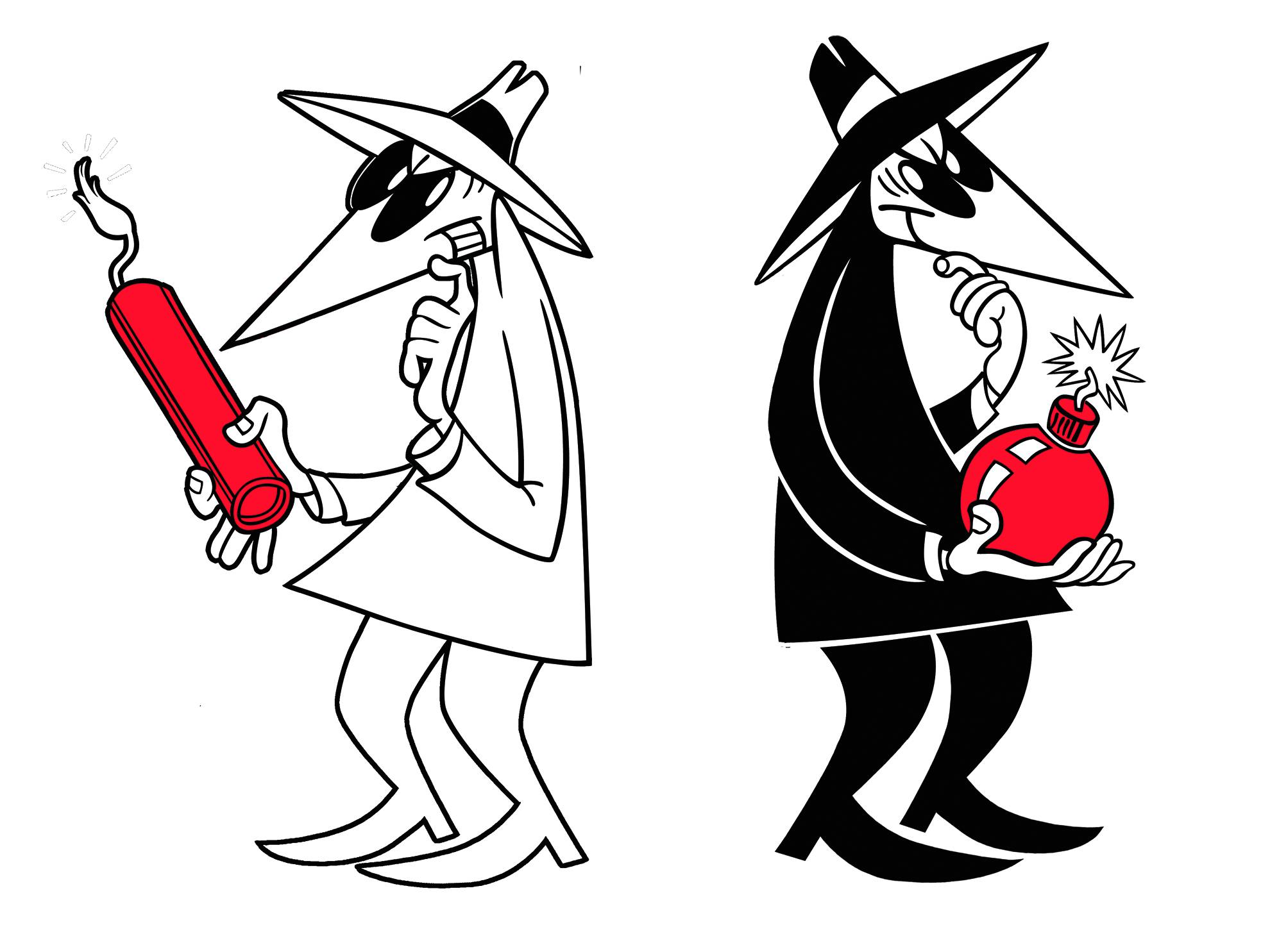Shaming Chinese hackers won't work because cyber-espionage is here to stay
Don't look for any resolution when President Obama meets with President Jinping next week, but they can calm things down
Fonte:
http://www.theguardian.com/commentisfre ... nage-obama
Adam Segal
theguardian.com, Thursday 30 May 2013 16.07 BST
Xi Jingping
President Xi Jinping will visit California to meet with President Obama next week. Photograph: Pool/Getty Images
When he meets President Xi Jinping next week in California, President Barack Obama is expected to raise cyber-security as one of the most pressing issues in the US-China relationship.
The meeting comes in the wake of a Washington Post report that Chinese hackers stole information from over two dozen weapons programs, including the Patriot missile system, the F-35 joint strike fighter, and the navy's new littoral combat ship.
Earlier this month, the Pentagon directly ascribed blame for cyber-attacks (pdf) for the first time on the Chinese government and the People's Liberation Army. There is little reason to believe that the meeting will moderate the pace or scope of Chinese cyber-espionage, but the two sides can signal a willingness to cooperate on some of the other difficult challenges in cyberspace.
Over the last several months, US officials have steadily increased pressure on Beijing about hacking. In a speech in April, National Security Advisor Tom Donilon expressed concern:
"Sophisticated, targeted theft of confidential business information and proprietary technologies through cyber intrusions [are] emanating from China on an unprecedented scale."
Both Secretary of State John Kerry and Chairman of the Joint Chiefs of Staff General Martin Dempsey broached cyber-attacks during visits to China. White House spokesman Jay Carney said this week that hacking is brought up at "every level in our meetings with our Chinese counterparts".
Yet neither airing grievances nor naming culprits have seemed to shame China. Chinese officials have responded by arguing that China is in fact the world's biggest victim of cyber-attacks, the majority of which originate in the US. The Chinese press also paints accusations of hacking as attempts to discredit China and misdirection away from offensive actions by the US. One Chinese article called the United States "the real hacking empire."
Moreover, while APT1, the group of hackers allegedly responsible for hacking the New York Times and other targets, went silent soon after they were publicly named, they were active again just three months later, according to government officials and the cyber-security firm Mandiant.
Economic cyber-espionage is particularly thorny point of discussion because the US, unlike China, distinguishes between attacks on private industry and more bread and butter political and military espionage. The US would like to limit Chinese theft of intellectual property from American companies, but is not particularly interested in negotiating any constraints over US intelligence gathering. As Michael Hayden, former director of the CIA and NSA, put it: "You spy, we spy, but you just steal the wrong stuff.' That's a hard conversation."
President Obama should warn President Xi that continued Chinese economic cyber-espionage could result in more punitive policies, including possible sanctions against firms that benefit from theft, and broader restrictions on access to the US market. But he should also use the meeting to address the strategic mistrust between the two sides that extends beyond espionage.
There have been media reports of Chinese hackers penetrating oil, electric, and communication grids, and the Defense Department notes "sustained investment" in military cyberspace capabilities. For its part, Beijing criticizes Washington for being the first to "militarize" cyberspace by setting up the US Cyber Command, and is suspicious of the budget and personnel increases announced for cyber operations.
Both sides, however, have an incentive to diminish hacking and prevent a full-blown cyber war. In March, Director of National Intelligence James Clapper told the Senate that a destructive cyber-attack was the biggest threat to the nation. China's relatively self-contained internet infrastructure makes it comparatively less vulnerable to attacks, but that is changing as their economy modernizes, and Chinese analysts publicly worry about vulnerable industrial control systems.
There are still no mutually agreed upon terms of what types of cyber-attacks would be considered a use of force or what constitutes a legitimate target. A standoff could very easily escalate, producing unintended and disastrous outcomes, if both sides miscommunicate and misperceive red lines.
The presidents won't come to any agreements next week, but over the course of the two days, they should try and dispel the growing mistrust by explaining their national interests and intentions in cyberspace.
